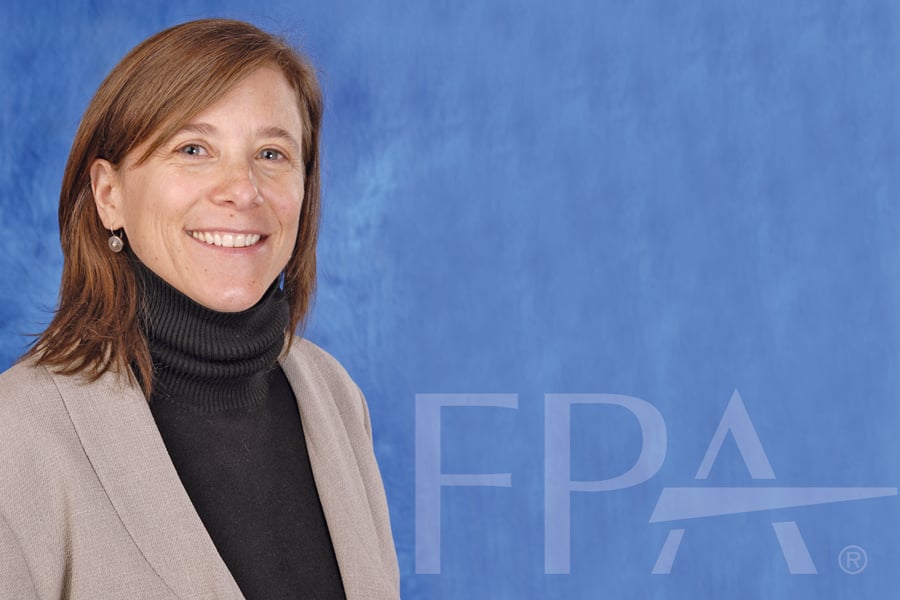

Lauren Schadle is leaving her post as chief executive of the Financial Planning Association after nearly eight years at the helm, the organization announced Friday.
Schadle has held leadership roles with the FPA for more than 20 years, previously serving as associate executive director and chief operating officer before assuming her role as CEO in October 2012.
The association did not detail Schadle’s next career move.
The FPA has appointed Patrick Mahoney as interim CEO, effective immediately, while the association’s board of directors conduct a formal search for a permanent successor, according to a release. The FPA did not provide a timeline for the search.
While Mahoney is an outsider to the FPA, he is a seasoned consultant. Currently, he helps guide the strategic leadership behind a number of global organizations focused on market relevance, innovation and growth.
Prior to his current position, Mahoney served as chief marketing officer at the Institute of Electrical and Electronics Engineers and former president and CEO of IEEE GlobalSpec, Inc., the press release noted.
The leadership shuffles come on the heels of the FPA’s announcement last week of its revamped website and brand. On top of that, the association is working on the FPA Virtual Externship program, which “highlights the important impact FPA, and its members, have on the financial planning profession,” FPA President Martin Seay said in a statement.

Driven by robust transaction activity amid market turbulence and increased focus on billion-dollar plus targets, Echelon Partners expects another all-time high in 2025.

The looming threat of federal funding cuts to state and local governments has lawmakers weighing a levy that was phased out in 1981.

The fintech firms' new tools and integrations address pain points in overseeing investment lineups, account monitoring, and more.

Canadian stocks are on a roll in 2025 as the country prepares to name a new Prime Minister.

Carson is expanding one of its relationships in Florida while Lido Advisors adds an $870 million practice in Silicon Valley.
RIAs face rising regulatory pressure in 2025. Forward-looking firms are responding with embedded technology, not more paperwork.
As inheritances are set to reshape client portfolios and next-gen heirs demand digital-first experiences, firms are retooling their wealth tech stacks and succession models in real time.
